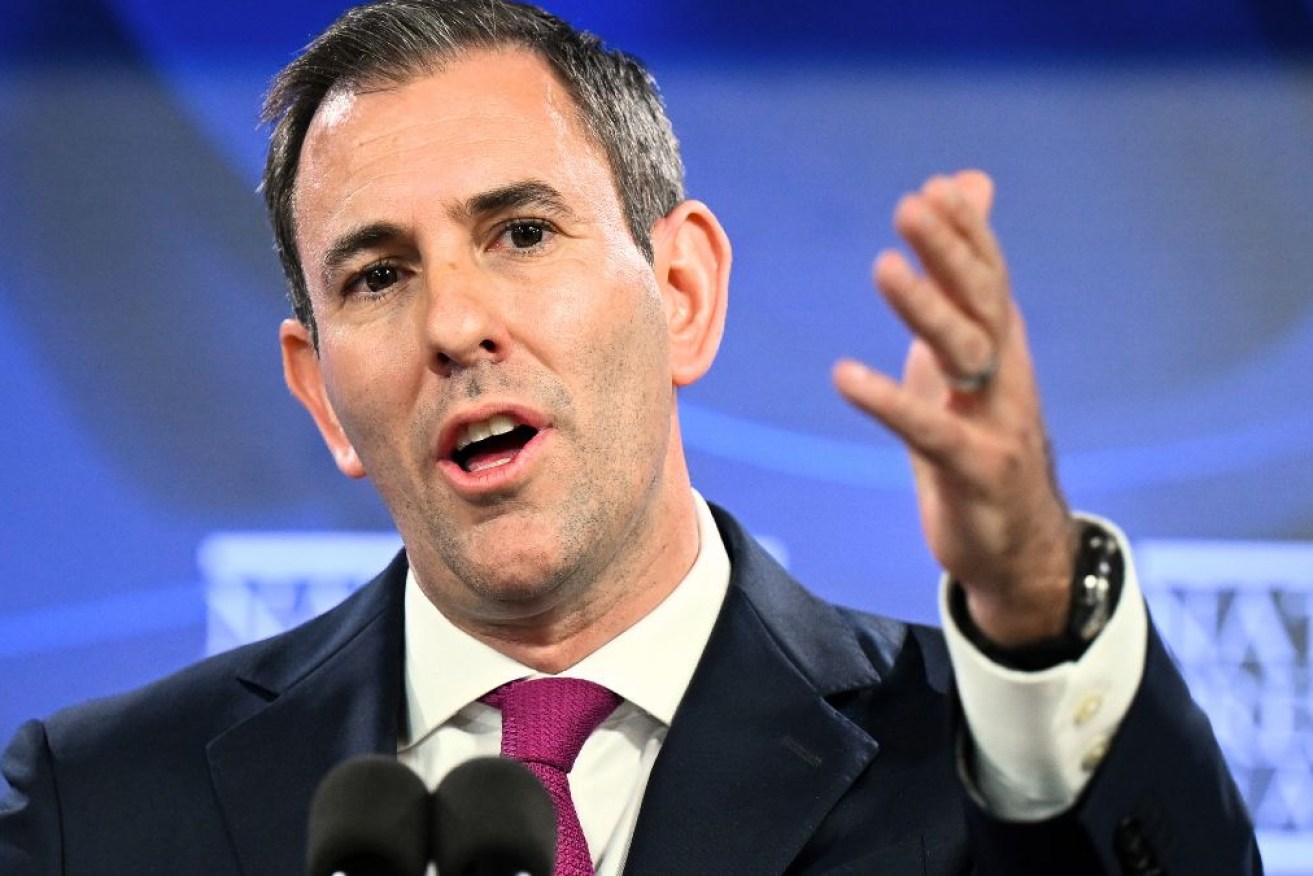EV ruling could jolt Australia’s financial foundations


Jim Chalmers has said previously that he wants to start a national conversation about tax reform. Photo: AAP
A landmark High Court ruling could completely reshape state and federal government finances and how Australians fund them – with taxes and charges.
The court on Wednesday struck down a Victorian levy on electric cars, finding the state government did not have the power to impose it.
News of the tax’s demise was immediately welcomed by environmentalists and electric car enthusiasts set to save an average of $380 annually.
But the verdict, the first in decades examining section 90 of the Constitution or the federal government’s taxation powers, could have much broader implications.
The court split 4-3 to rule against the Victorian government’s attempt to offset declining income from fuel taxes by charging electric car drivers, finding it was an “excise”, not a levy, and so it was unconstitutional.
What’s the difference?
It’s a fine point of legal distinction.
But for state governments, it could mean no longer being able to collect tens of billions of dollars in revenue from mining royalties, waste management fees and road charges.
If they were ruled out, state governments would face a major shortfall, said Associate Professor Mark Humphrey-Jenner of the UNSW Business School.
“Stamp duty and land tax are the main ones that are going to be left,” Humphrey-Jenner said.
‘Big issues’
“In the short term, this could create big issues with state governments needing to resolve their budgetary concerns.”
As state governments become increasingly involved in building infrastructure or social services like housing, they’ve increasingly borrowed money to fund it.
Victoria’s most recent budget raised an extra $2 billion in revenue in debt levies, and one of former premier Dan Andrews’ last acts was to bring in an impost on Airbnb rentals.
NSW collects billions in charges for using the state’s roads.
Governments are still taking advice on how widely the ruling could apply.
But it casts immediate doubt on planned state government revenue measures like the Western Australian government’s upcoming road use levy.
Victoria’s Treasurer Tim Pallas said the tax ruling “totally recast the way we raise revenue in this state”.
“The High Court has reimagined the Constitution,” Pallas said.
Extra car rego charges might be a quick fix for the hole in the state budget.
But the Australian Automobile Association hopes the verdict could be a catalyst for significant federal tax reform as traditional sources of revenue (like petrol taxes) dwindle.
‘Consequences’
State governments relinquished their most significant stream of tax revenue (the income tax) before the Second World War.
Much of their revenue now comes from taxes collected and distributed by the federal government.
Humphrey-Jenner says the most likely workaround could involve tying the hands of the states even further by having the federal government replicate and redistribute existing taxes.
That would involve an administrative headache but, he says, potentially cut down on duplication and inconsistencies across states.
Federal Treasurer Jim Chalmers previously said he wants to start a national conversation about tax reform.
On Thursday, he said he was still working through the decision.
“Clearly, it is a contentious issue and clearly it has consequences for the tax bases on both levels of government,” Chalmers said.







